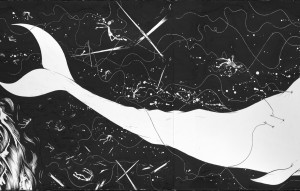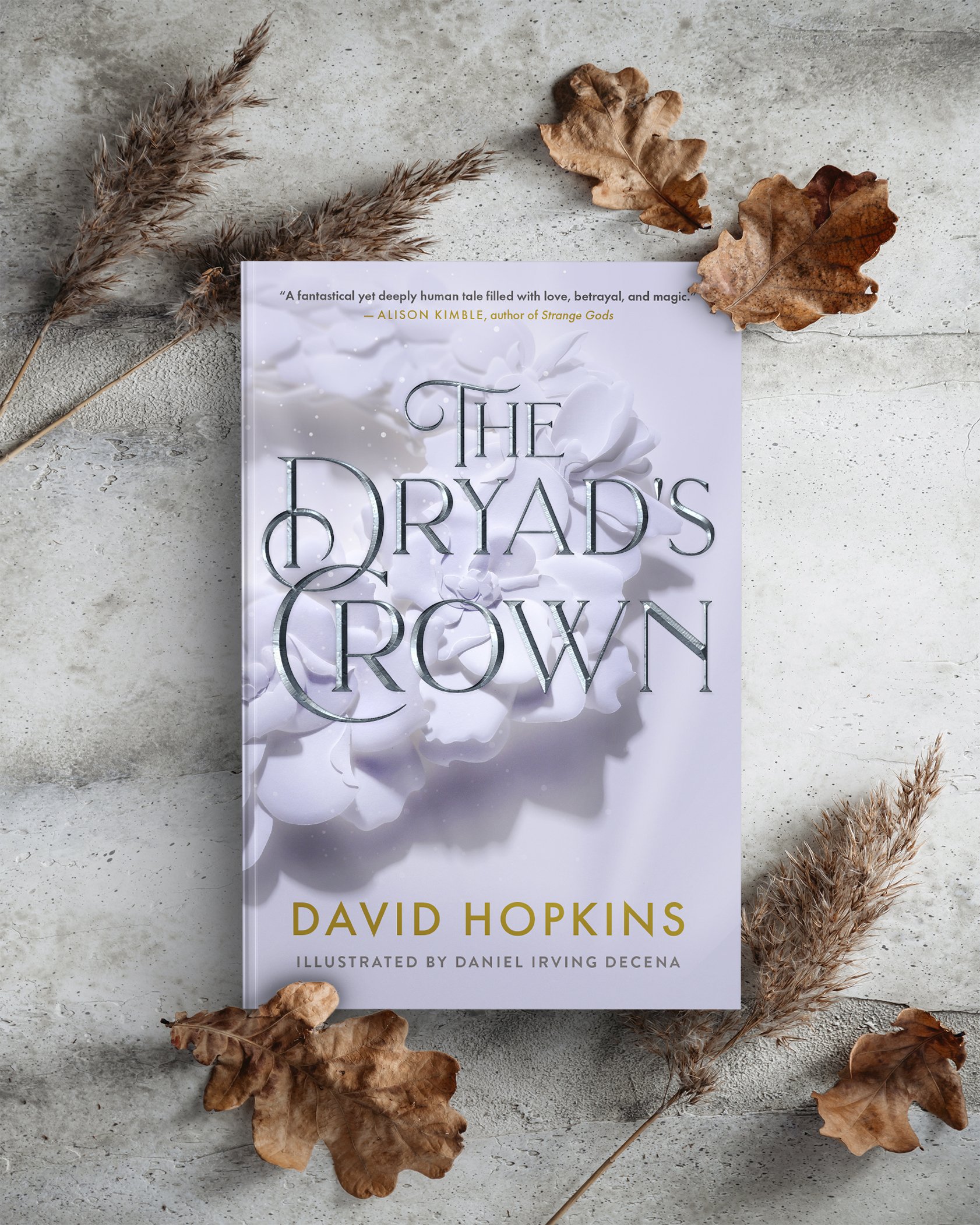 This weekend, I finished Moby Dick (Or, the Whale). D.H. Lawrence called it "one of the strangest and most wonderful books in the world." And I'd have to agree. It is truly strange, even by today's standards. At first, I liked the book, then I hated it, and then finally I loved it. The book has an odd charm that isn't fully realized until you get to those last chapters.
The premise is absurd: A captain seeks revenge against one particular whale. The intermingled drama and comedy is positively Shakespearean. Certain scenes are terrifying and surreal, such as Captain Ahab's speech after his harpoon glows from the lightning strike. The tension between Starbuck and Ahab is fascinating. Like a classic tragedy, the ending is both inevitable, predictable, and still shocking. And yet, the novel is wrapped in the tedious journalistic details of the whaling industry in the 1800s.
This weekend, I finished Moby Dick (Or, the Whale). D.H. Lawrence called it "one of the strangest and most wonderful books in the world." And I'd have to agree. It is truly strange, even by today's standards. At first, I liked the book, then I hated it, and then finally I loved it. The book has an odd charm that isn't fully realized until you get to those last chapters.
The premise is absurd: A captain seeks revenge against one particular whale. The intermingled drama and comedy is positively Shakespearean. Certain scenes are terrifying and surreal, such as Captain Ahab's speech after his harpoon glows from the lightning strike. The tension between Starbuck and Ahab is fascinating. Like a classic tragedy, the ending is both inevitable, predictable, and still shocking. And yet, the novel is wrapped in the tedious journalistic details of the whaling industry in the 1800s.
Moby Dick would be an easy novel to abridge. Simply take out all those chapters that go into explaining everything you never wanted to know about the genus and species of whales, the anatomy of whales, how different countries hunt whales, maritime whaling law, the mythic and symbolic role of the color "white," and how whale oil is stored and shipped. However, there's something about these chapters that contribute vitally to the whole.
One of the greatest treasures within Moby Dick is the hidden wisdom--thoughts on life and death, faith and disillusion, love and loss. My favorite passage, which captures all of it in one heartbreaking bundle, might be:
There is no steady unretracing progress in this life; we do not advance through fixed gradations, and at the last one pause: - through infancy's unconscious spell, boyhood's thoughtless faith, adolescence' doubt (the common doom), then scepticism, then disbelief, resting at last in manhood's pondering repose of If. But once gone through, we trace the round again; and are infants, boys, and men, and Ifs eternally. Where lies the final harbor, whence we unmoor no more? In what rapt ether sails the world, of which the weariest will never weary? Where is the foundling's father hidden? Our souls are like those orphans whose unwedded mothers die in bearing them: the secret of our paternity lies in their grave, and we must there to learn it.
Which ties beautifully to the very last sentence of the epilogue:
It was the devious-cruising Rachel, that in her retracing search after her missing children, only found another orphan.
Note the connection to the words "retracing" and "orphan," separated by several chapters but absolutely not an accident.
Somewhere in the middle of this novel, I swore I would read Moby Dick only once--and then be done with the stupid thing. Now, I'm a little anxious to return to the beginning and read again. Maybe next year.
[Tweet "A few thoughts on one of the strangest and most wonderful books in the world"]
